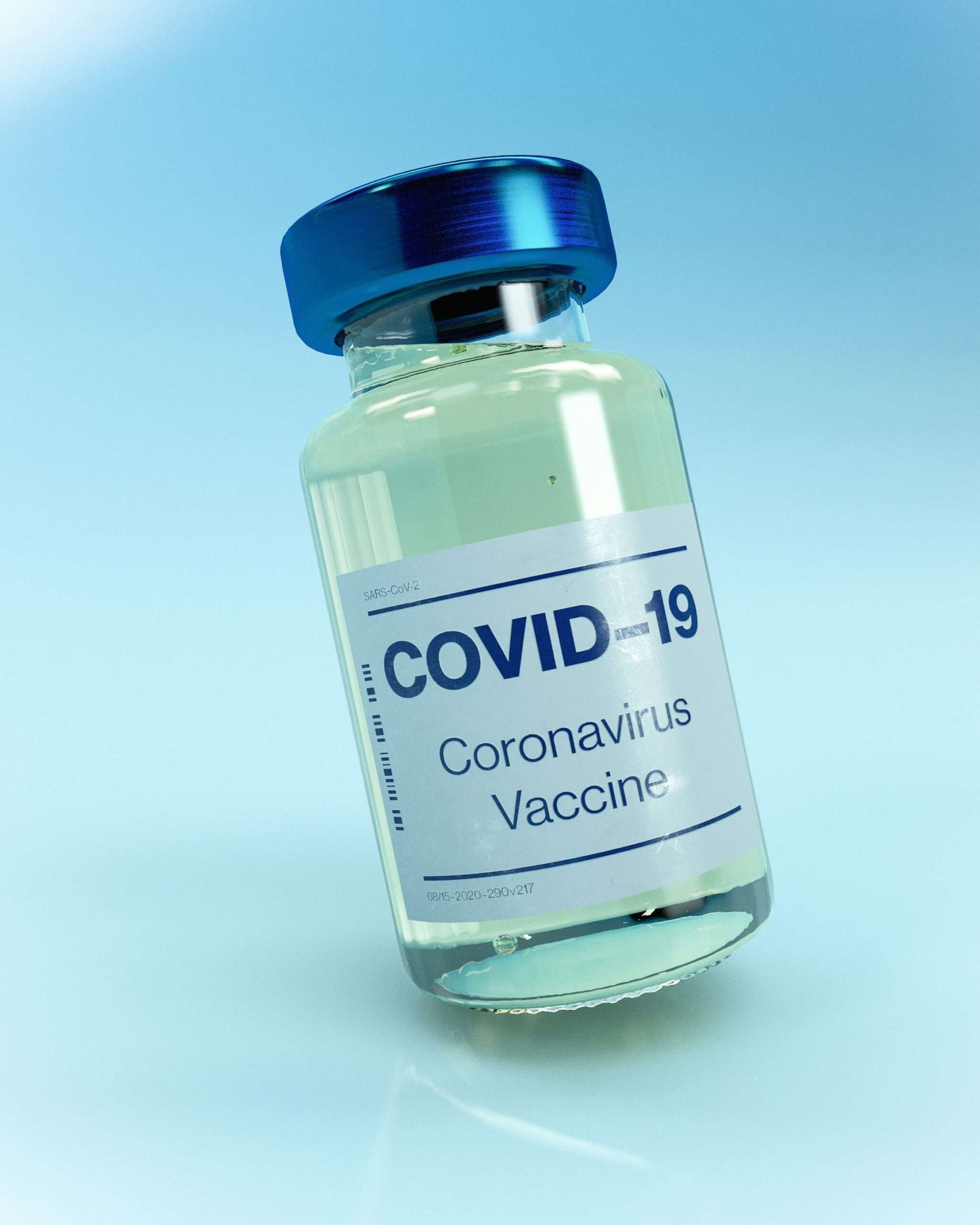
GLP-1 Explanation and First ResultsPreliminary investigations demonstrated that GLP-1 is one of the best hormones responsible for augmenting glucose-dependent insulin action. GLP-1 is, therefore, superior to insulin in that it also reduces the chances of causing hypoglycemia since it will only cause the secretion of insulin when the blood glucose is high. Furthermore, it causes the inhibition of glucagon that hastens the synthesis of glucose by the liver hence increasing the concentration of glucose in the blood. In addition, they found that GLP-1 enhances the feeling of fullness, leading to less food consumption and weight loss, and it also delays gastric emptying, which helps reduce high levels of glucose post-meal. These findings allowed the construction of GLP-1 receptor agonists as diabetic medications.
Designing GLP-1 Receptor Targeted Therapies
Several GLP-1 receptor agonists, such as exenatide, liraglutide, dulaglutide, and semaglutide, have gained registration since the beginning of the 2000s. These medications act via binding to the same receptors that GLP-1 binds onto the beta pancreatic cells. This is done by blocking glucagon activity and inducing the release of insulin which results in better control of blood glucose levels. Such medications are also of short-acting (exenatide) and long acting (dulaglutide and semaglutide) wherein the latter holds weekly doses to ease treatment compliance.
Benefits of Cardiovascular and Weight Loss
More research has shown that glycemic control is not the only advantage of GLP-1 receptor agonists. They have been found to significantly lower the risk of major adverse cardiovascular events (i.e. heart attack, stroke or cardiovascular death) in patients with type 2 diabetes and established heart disease when they are on these medications, as evidenced in several large clinical trials: SUSTAIN for Semaglutide and LEADER for Liraglutide. It is not surprising considering that cardiovascular disease is the leading cause of death among persons with diabetes mellitus.
It has also been very exciting in investigations into the benefits of using GLP-1 receptor agonists to assist with weight loss. Higher doses of semaglutide (Wegovy) which are approved for use in overweight and obese populations with no diabetes exposure additional benefits to diabetes control.
Future Directions
As a chronic disease management, further development of GLP-1 receptor agonists will include minimizing side effects like gastrointestinal issues in a way that maximizes their therapeutic efficiency. Another prospect that scientists are pursuing is the development of biactive compounds. An example of such is tirzepatide which is capable of targeting both GLP-1 and GIP to treat diabetes and obesity which are the modern-day health threats.
In conclusion, as a result of GLP-1 research, it has been possible to expand the armamentarium of diabetes management, especially through the introduction of new pharmaceuticals that allow better control of type 2 diabetes and its complications.



0 Comments